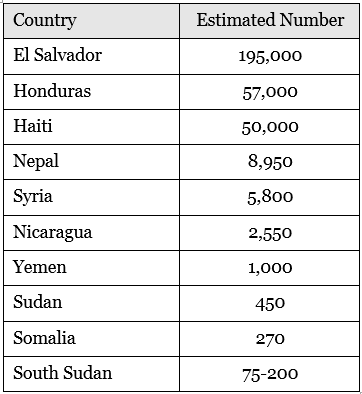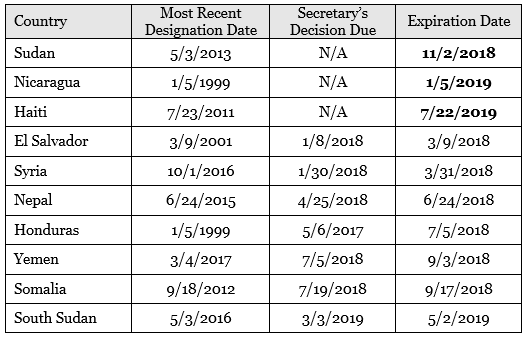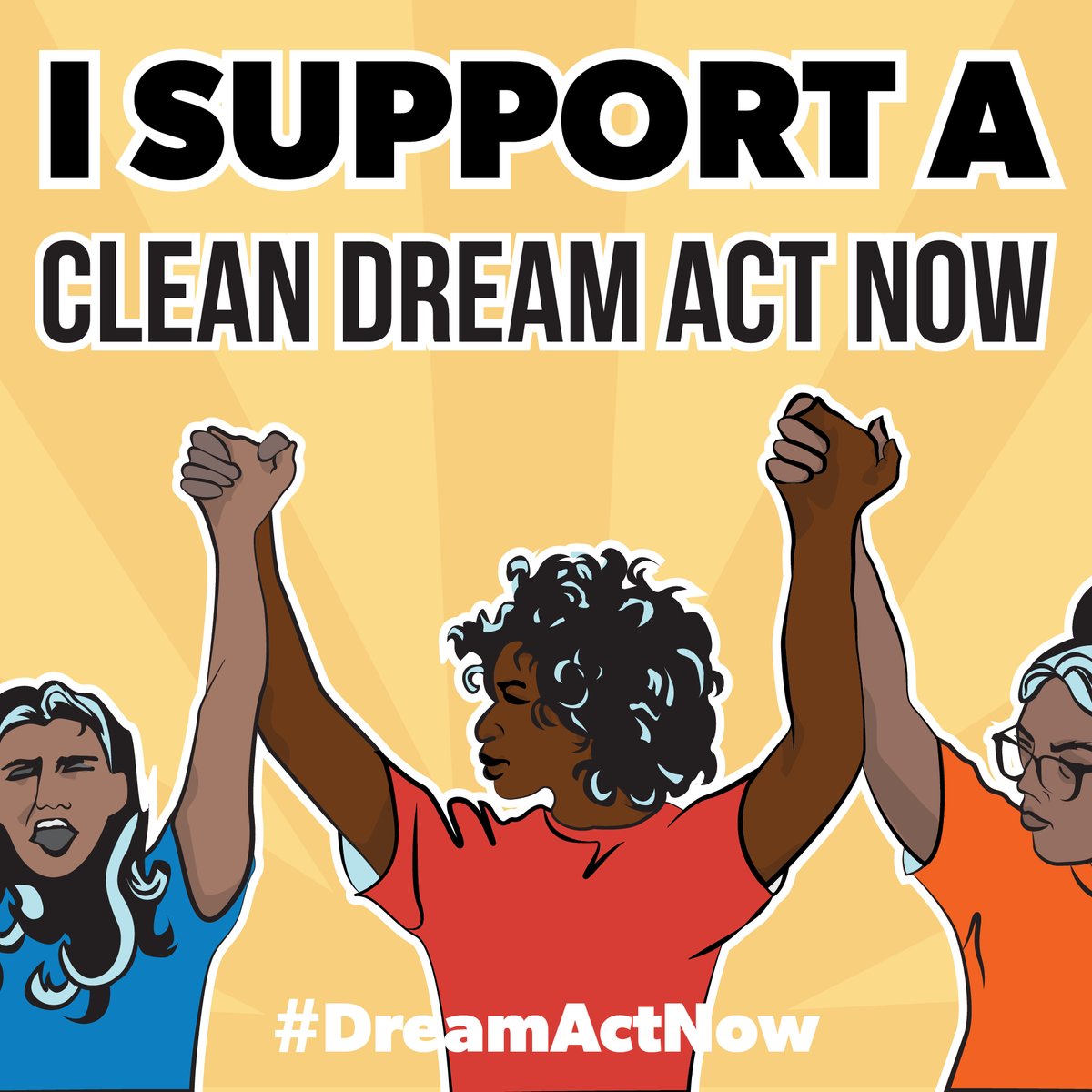
St. Paul, December 5, 2017 – Since September 5, hundreds of thousands of DACA recipients, Dreamers and allies have been fighting for their lives – their lives here, in the homes they have made, in their schools and jobs, with their children and families. What they need – what we all need – is a clean DREAM Act now. That means legislation to protect DREAMers that is not weighed down with other punitive immigration provisions or funding for an extravagant and ineffective border wall.
Congress can act now to safeguard DREAMers and give them a path to permanent residence and citizenship. That is what the overwhelming majority of Americans wants.
Congressional leadership is delaying consideration of the DREAM Act and DACA relief. The administration continues to demonstrate bad faith and cruelty in wrongfully denying applications for DACA renewal, detaining DACA recipients, and making hollow promises that they take back the next day.
This week DREAMers and allies are demonstrating in Washington and across the country. Many Minnesota corporations and colleges support passage of the Dream Act. Others are marching, telling their stories, and calling on Congress to act. NavigateMN is also leading a multi-racial, multi-sector coalition action at Congressman Erik Paulsen’s office on Wednesday, December 6 at 3:30 to ask his support for a clean DREAM Act.
We need the skills, hard work, energy, courage, dreams, and imagination of young immigrants. In Minnesota alone, the end of DACA devastates close to 7,000 young people – all of whom have or will have a high school diploma, are in or graduated from college, or are working in jobs that pay them better because they have DACA. Their average age when they arrived in the United States was 6 years old, and they have lived here an average of 20 years. In Minnesota, these young people between the ages of 15 and 35 live in every Congressional District in the state and come from dozens of countries.
Every day of delay means more DREAMers losing their protection as work permits and individual DACA status expires. An estimated 122 DREAMers see their DACA status expire each day, leaving them without work permits, sometimes without valid driver’s licenses, and always vulnerable to deportation back to countries they left as young children. That’s about 11,000 DREAMers losing DACA protection since September 5, and more every single day.
December is crucial. Relief for DREAMers can be part of the year-end budget bill. Or it can be delayed and denied all the way through March 5, when DACA officially ends.
We urge every person, business, faith community, school, and organization who cares about these young people – and who cares about what they bring to our state and nation – to contact your Congressional representatives and demand that they pass a clean Dream Act NOW, and give these young people permanent protection and a path to citizenship. Minnesota’s Congressional delegation can lead the way by showing bipartisan unity in demonstrating leadership to pass permanent protection for our DREAMers.
x x x
The Immigrant Law Center of Minnesota (ILCM) is a non-profit organization that provides immigration legal services to clients of all nationalities throughout Minnesota. ILCM’s work is based on a three-pronged model—direct legal services, education, and advocacy
The Advocates for Human Rights, a 501(c)(3) organization, creates and maintains lasting, comprehensive, and holistic change on a local, national, and global scale. Volunteers, partners, supporters, board members, and staff implement international human rights standards to promote civil society and reinforce the rule of law.
NAVIGATE MN is a non profit grassroots organization building power for immigration and education justice. Our theory of change centers the realities of undocumented Minnesotans and mixed status families. Navigate MN has education, civic engagement and civic leadership programs.
Deferred Action for Childhood Arrivals (DACA), begun by President Barack Obama in 2012, offers limited protection to young people who arrived in the United States at age 15 or younger and have been here since 2007 or earlier. DACA status offers two years of protection from deportation and a two-year work permit. Renewal of DACA status has been permitted every two years. DACA status does NOT offer any path to permanent legal residence or citizenship.





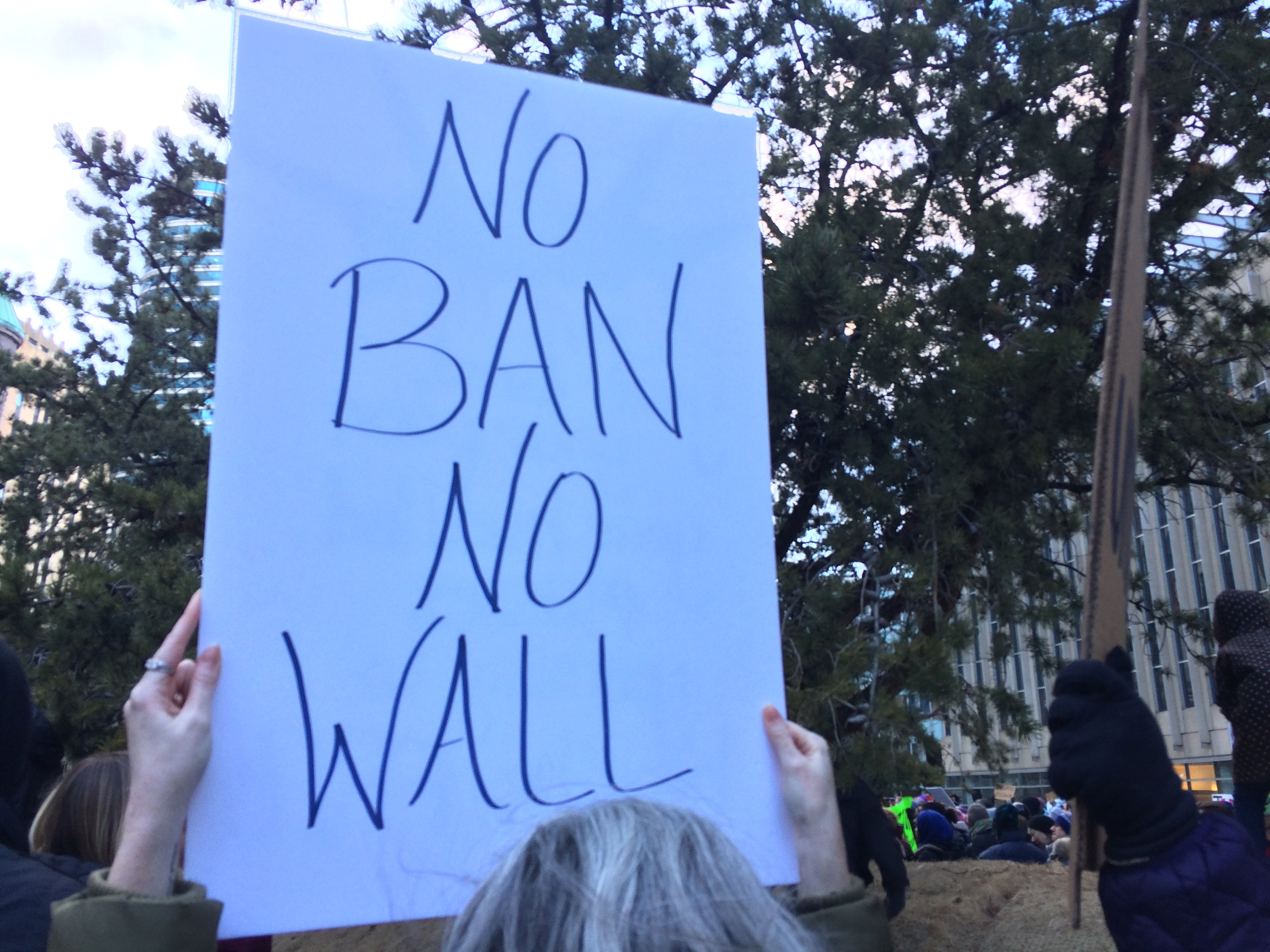
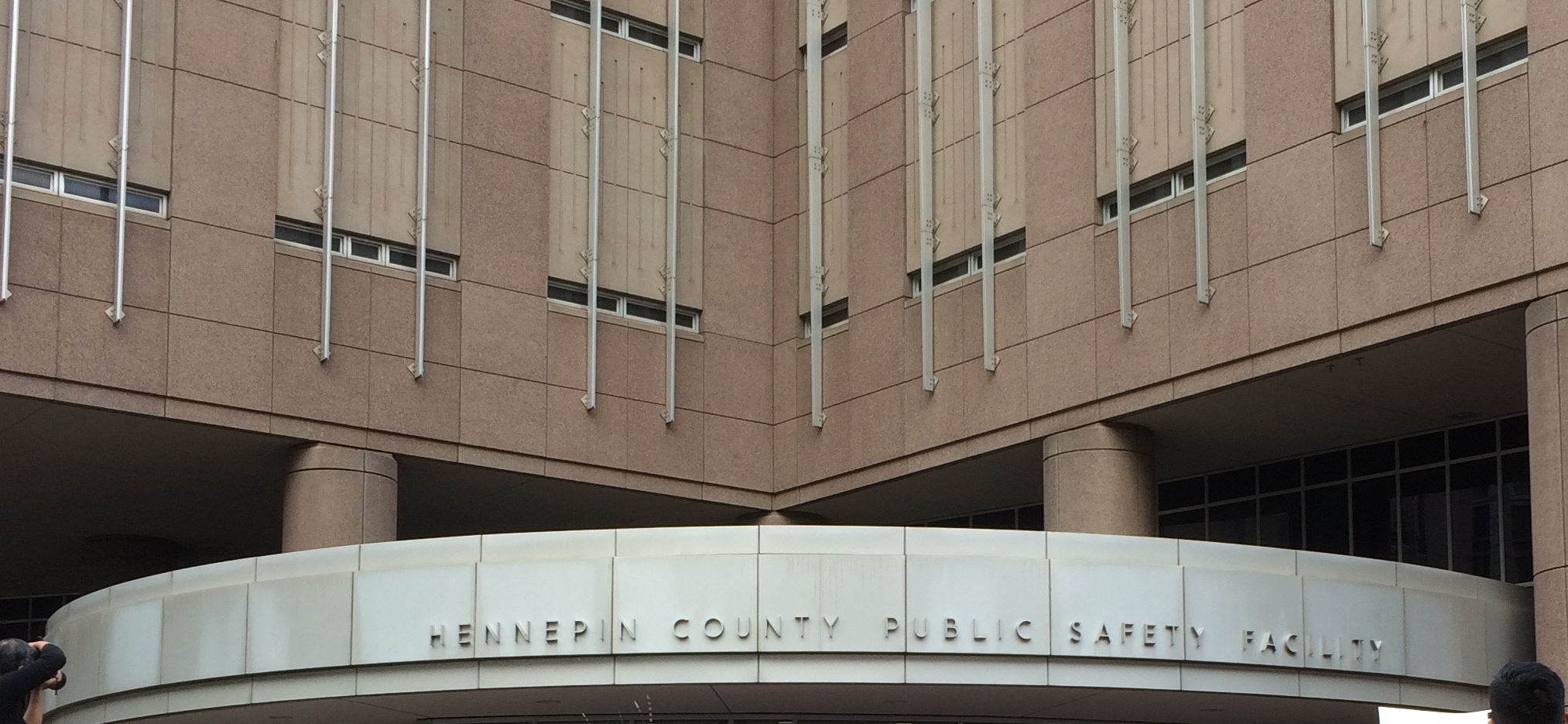 “You have the right to remain silent. Anything you say can and will be used against you in a court of law. You have the right to speak to an attorney, and to have an attorney present during any questioning. If you cannot afford an attorney, one will be appointed to represent you.”
“You have the right to remain silent. Anything you say can and will be used against you in a court of law. You have the right to speak to an attorney, and to have an attorney present during any questioning. If you cannot afford an attorney, one will be appointed to represent you.” 


